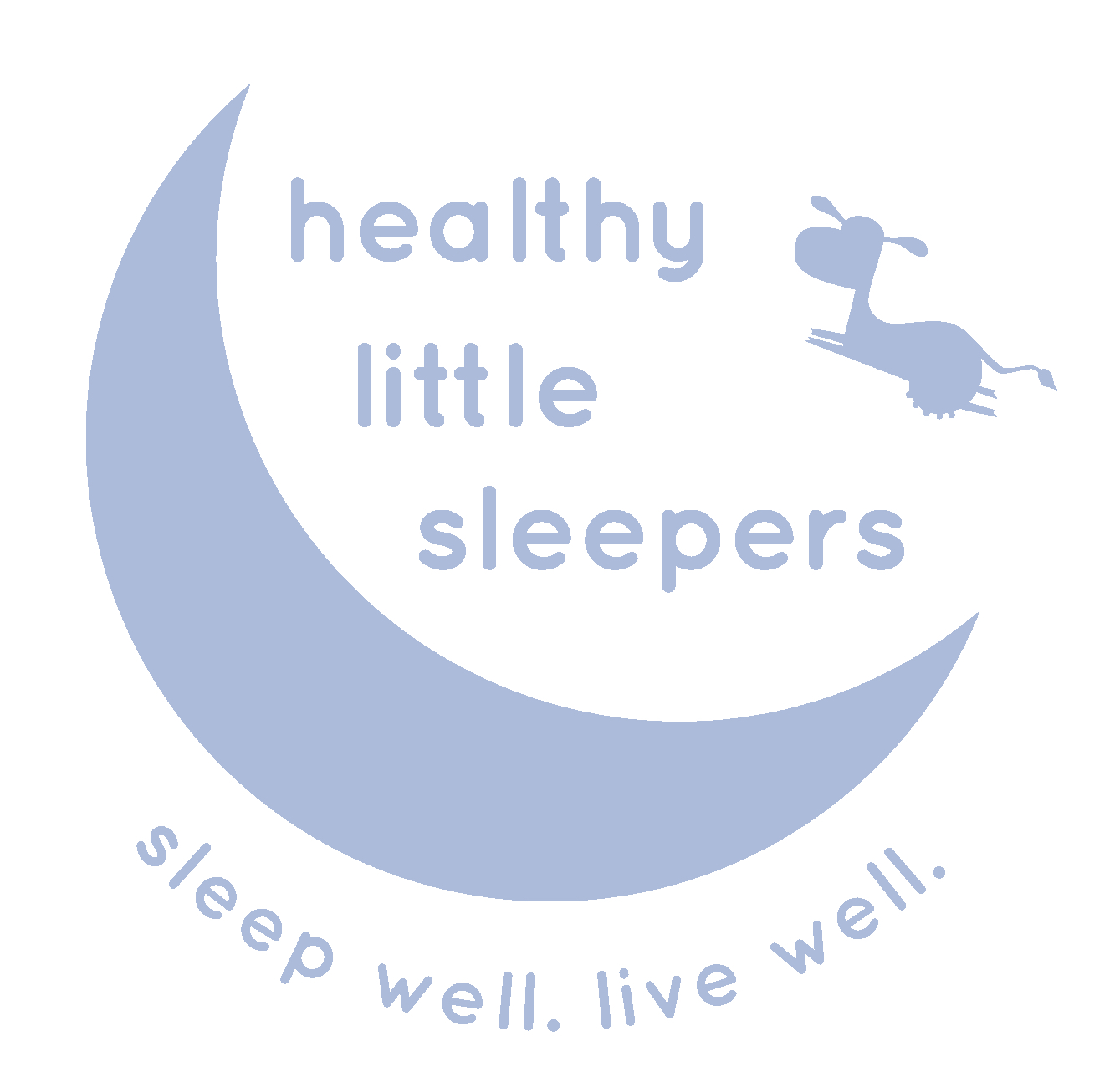When to Expect Longer Stretches of Sleep
As new or expecting parents, the biggest concern we all have is regarding sleep... your sleep and your baby's sleep. Yes, it is true, you get a lot less sleep when your baby is born.
However, the good news is that these tireless times also come with some of the most amazing moments as you experience a whole new level of love that you almost didn't know...
And the other good news is that after reading this, you will be able to tell when your baby is primed for some longer stretches of sleep at night, which means more sleep for you too!
At 6- to 8-weeks-old, night time sleep is becoming more organized, and you can expect a longer 4 to 6 hour stretch of sleep at night (barring no medical conditions). The first important thing to take into consideration is your baby's developmental age.
So, you need to take into account the due date, not the date born. So, for example, if your baby was due on Nov 23rd but was born on Nov 2nd (3 weeks early), your baby will be 6 weeks on Dec 28th. Basically, you will be determining your baby's "age" from your due date. Once your baby's developmental age reaches the 6- to 8-week mark, there are a couple signs you can look out for to know that your child is biologically ready for these longer stretches of sleep…
The first sign to look out for is social smiles. When your baby starts smiling around the 6- to 8-week mark, it is a sign that s/he is beginning to make connections and associations. This is a great time to start setting routines in place around nap and bedtime. Why, you ask? Because you're baby is able to make connections with you, s/he is able to make connections with other things, as well.
One major connection your baby makes is how s/he goes to sleep. If you rock, swing, sing, or feed your baby until they are asleep for every single sleep period, this is what your baby is going to need when s/he wakes up again. This doesn’t mean you can’t do these things. You can. But you also want to practice having them fall asleep on their own too.
Essentially, your baby begins to associate those helping ways with sleep when done for every sleep period. One great thing to do right now is put together a nap and bedtime routine (short and simple) and try placing your baby down not completely asleep - that’s the tricky part! This routine will be your baby’s sense of structure, and s/he will thrive on this routine. So the more consistent you are with your sleep time routine, the better. These few things you do before nap and bedtime will be their connection that sleep is around the corner and prime them for sleep.
Another sign you will notice is that day/night confusion will begin to resolve. Day/night confusion is when your baby is more awake at night than during the day. (Hooray for being less wakeful during the night!!). The reason for this night sleep organization occurring around this age is a result of the various biological changes your baby is going through. In addition to social smiles, your baby is developing the ability to learn how to self-soothe and is starting to develop small amounts of melatonin (the natural occurring hormone in our bodies that promotes sleep). All of these maturational factors assist your baby to get longer stretches of sleep at night versus the day.
So, you're probably wondering what can you expect from these longer stretches of sleep? For some, a longer stretch of sleep may only be 4 to 6 hours long. And for others, it can even be an 8 hour stretch. It really can depend. Nothing is hard and fast, and every baby is different. But, one thing is true is that every baby CAN get longer stretches of sleep.
So, be on the look out for those social smiles as an indicator that your baby is ready for those longer stretches. Be careful because you can also be easily fooled by those cute smiles too and think they aren’t tired... After an hour wakeful period, your newborn may not be able to sustain staying awake much longer... even if they seem happy and are smiling at you. When your baby's wakeful time gets too long, they begin to create and release the stress hormone (cortisol) in their body making it much more difficult to go down to sleep. So, be mindful of your baby's wakeful time too. Timing is EVERYTHING!
If you have any questions about your little one’s sleep or want some support in setting up a healthy sleep foundation for your little one, you can schedule a FREE 15-minute call with us! Click here to schedule a time to chat!
You can also sign up for our newsletter The Healthy Little Note where every month we answer your questions in blog posts like these and share curated content to help you along in your parenting journey, new workshops and keep you in the know on the next Healthy Little Village experts series every month.

